

IBC’S SOLAR HYBRID SYSTEM MAKES IT TO KERAPA SPAK, BETONG
KUCHING (March 24, 2010): Life will not be the same for the Iban community of 500 folks staying in an isolated longhouse nestled in the interiors of Sarawak Betong Division as they will be the fortunate ones to enjoy a solar hybrid system.
The system dubbed SHS is being installed at a feverish pace at the longhouse by IBC Solar Teknik Sdn Bhd the main contractors of what is a reputed the first of its kind undertaking to provide not only cheap, lasting and versatile supply of electricity but with it comes clean drinking water and a telecommunications uplink which will see the onset of internet and cable TV making its way into the 43 ‘pintu’ or doors of this longhouse.
What used to be pitch darkness after diesel-powered generators are shut down to save on cost will soon not only be a night of brightness but complete with hi-fi music, Astro TV, internet surfing and phone calls to any part of the world. Tapped drinking water too coming with these, makes the SHS a flagship undertaking which would be very much in line with the government’s move to expand rural electrification to the hard interiors of Sarawak.
IBC represents one of the best German-based technology partners in the form of IBC Solar AG which boasts the most advanced technology and products besides being the initiator of solar technology and currently spearheading the industry.
In the Kerapa Spak project functions as the main contractor besides being the system designer and integrator as it also involves a telecommunications component that sees the participation of Paycomm Sdn Bhd.
IBS Solar Teknik’s Chief Executive Officer Ahmad Nazri Ibrahim feels that Project Sunshine would aptly describe what’s happening in Kerapa Spak in the rural electrification scheme.
The Kerapa Spak longhouse was selected by Sarawak Chief Minister Pehin Sri Haji Abdul Taib Mahmud as part of his overall vision to provide cheap and versatile electricity to pockets of settlements in longhouses and villages in the remote interiors of the state.
Illustrating the nature in which the solar hybrid system would be working, Nazri explained that the DC current generated by the solar modules would either be used immediately for water pump systems, general lighting, telecommunications and for use by appliances or it would be stored in batteries.
These batteries, he said could power electrical equipment as and when required. He stressed that a solar hybrid system of this nature would function perfectly for location such as the longhouses of Sarawak where there is no grid connections.
“Electricity is synonymous with the quality of life, security and growth and a good infrastructure, reliable power generation and independence from raw material imports are all essential for prosperity and satisfaction, says Nazri.
“Kerapa Spak would be in the best position to demonstrate this once the installation is complete towards the later part of April, this year.
“It will be a far from the manner in which the Iban longhouse community conduct their lives today.”
The project estimated is going to cost IBC Solar Teknik a whopping RM4.5 million (one million euros). To this, NAzri quipped, “We have to break the egg’s shell first in order to eat it. SO how can we be sorry for breaking the shell.” The company has to date spent RM3 million securing 70 per cent progress in its works.
It has also not been for the working crew of IBC at Kerapa Spak. The longhouse folk, he said had been quite helpful and we have engaged them in toto to perform a major part of the construction work .
All material, he added, had to be brought in through a treacherous six-hour long boat ride from Pengkalan near Betong which is a four-hour drive from Kuching. This included sand, stones, gravel and timber in addition to the hardware. Work at kerapa Spak started in November 2009 following a memorandum of understanding between the State Ministry of Public Utilities and Carbon Capital Corporation (CCC) to carry out solar hybrid projects in the state in June last year. CCC is working in collaboration with IBC Solar Teknik as the main contractor of the former.
Other logistical support comes airlifts provided by the Royal Malaysian Air Force (RMAF) based in Kuching.
The investment, Nazri feels would go a long way in proving that for one the public and private sector can engage by way of policy. This he added comes in tandem with the government’s call for greater policy engagement between the two sectors in working together for the benefit of the rakyat.
This project comes as one of the company’s major corporate social responsibility (CSR) initiatives in Sarawak.
The most noteworthy feature of this solar hybrid system is that in essence it can besides supplying electricity, also support water supply, power up systems for health care, ensure security with telecommunications link ups, tourism activities, education and cottage industries.
Nazri said that the SHS under normal circumstances would require between three to four months to install making it one of the fastest solar applications readily available in the market and IBS Solar Teknik’s role as a systems integrator, is actually appropriately positioned to customise andtailor-make installations to suit each and every location and their respective peculiarities. This is evidenced in Project Sunshine taking shape in Kerapa Spak.
“Electricity is synonymous with the quality of life, security and growth and a good infrastructure, reliable power generation and independence from raw material imports are all essential for prosperity and satisfaction, says Nazri.
“Kerapa Spak would be in the best position to demonstrate this once the installation is complete towards the later part of April, this year.
“It will be a far from the manner in which the Iban longhouse community conduct their lives today.”
The project estimated is going to cost IBC Solar Teknik a whopping RM4.5 million (one million euros). To this, NAzri quipped, “We have to break the egg’s shell first in order to eat it. SO how can we be sorry for breaking the shell.” The company has to date spent RM3 million securing 70 per cent progress in its works.
It has also not been for the working crew of IBC at Kerapa Spak. The longhouse folk, he said had been quite helpful and we have engaged them in toto to perform a major part of the construction work .
All material, he added, had to be brought in through a treacherous six-hour long boat ride from Pengkalan near Betong which is a four-hour drive from Kuching. This included sand, stones, gravel and timber in addition to the hardware. Work at kerapa Spak started in November 2009 following a memorandum of understanding between the State Ministry of Public Utilities and Carbon Capital Corporation (CCC) to carry out solar hybrid projects in the state in June last year. CCC is working in collaboration with IBC Solar Teknik as the main contractor of the former.
Other logistical support comes airlifts provided by the Royal Malaysian Air Force (RMAF) based in Kuching.
The investment, Nazri feels would go a long way in proving that for one the public and private sector can engage by way of policy. This he added comes in tandem with the government’s call for greater policy engagement between the two sectors in working together for the benefit of the rakyat.
This project comes as one of the company’s major corporate social responsibility (CSR) initiatives in Sarawak.
The most noteworthy feature of this solar hybrid system is that in essence it can besides supplying electricity, also support water supply, power up systems for health care, ensure security with telecommunications link ups, tourism activities, education and cottage industries.
Nazri said that the SHS under normal circumstances would require between three to four months to install making it one of the fastest solar applications readily available in the market and IBS Solar Teknik’s role as a systems integrator, is actually appropriately positioned to customise andtailor-make installations to suit each and every location and their respective peculiarities. This is evidenced in Project Sunshine taking shape in Kerapa Spak.

.jpg)
.jpg)

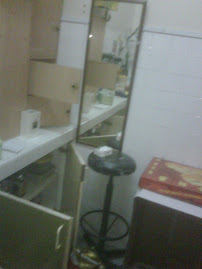
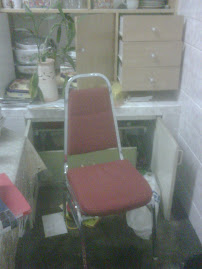

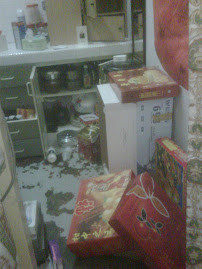
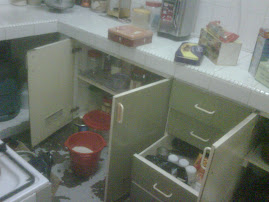
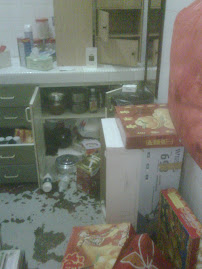
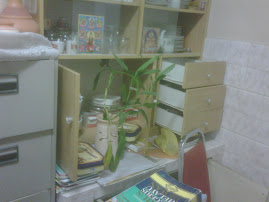
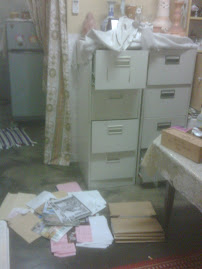
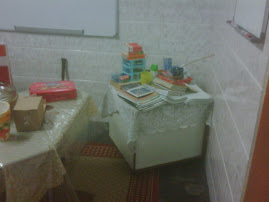
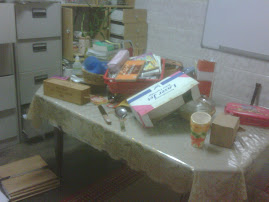
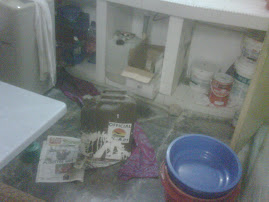
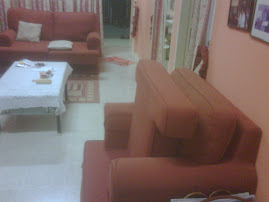
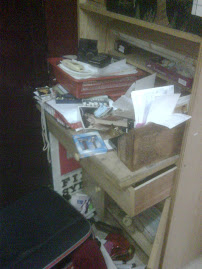
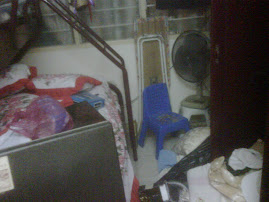
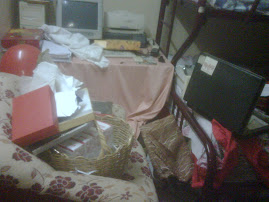
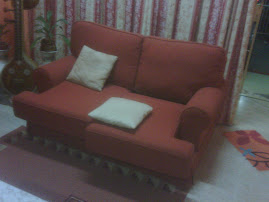

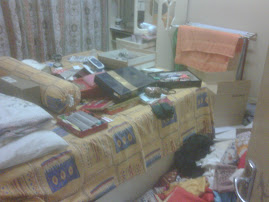










No comments:
Post a Comment